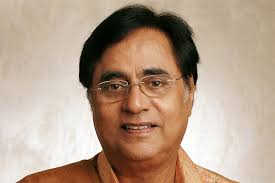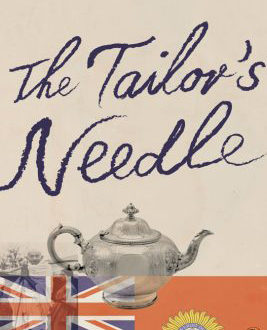My Next Book, My Feelings
Now, when one of my new books is about to be published, I have mixed feelings. There was a time when the new book would keep me on a razor’s edge. There was the excitement and the accompanying fear. The exhilaration and eagerness no longer come with a comet’s tail of what if something in the book turns out to be unacceptable? It is quite a thrilling experience to wait for your book’s release when you are young. But by the time your seventh book is about to be out, that excitement has changed. It is there, but in a diminished form. One has learned to ride that fear with a bit of confidence. You come to realize that even Shakespeare was not spared criticism. He was called an upstart crow to begin with. If he had gotten discouraged and stopped writing, he wouldn’t have become the Shakespeare we know today. Who isn’t criticized? Besides, one learns from criticism.
But returning to the original statement, there are mixed feelings when a new book arrives: The good feeling is that one is still writing, and the other feeling is the tension about whether this book will take me any further. Of course, going further must involve several factors. Does my writing still interest people? Is my writing style outdated, or does it have the power to continue captivating people? Has the average reader changed over the years? It is, after all, the reader who gives meaning to my book. But then comes the feeling that I am not the same as I was twenty-five years ago. If the reader has changed, so have I. I have begun to look upon the universe differently. What I tend to notice now and what I’ve started to miss out is so different from what it was then. If the world in which, and for which, I write is not the same as before, even I have learned things I didn’t have a clue about when I began writing. Besides, generally, one knows how to be precise only with time. One also learns the tricks of the trade with experience.
Every telling has a tailing. One learns how to tail a tale and how not to tail it. It must move smoothly to its ending. Well begun is only half done. The test of the story is in its ending. Does the ending logically follow the beginning and middle? Or does it seem unconvincing? Tying up the knots is vital, as without that, the entire edifice falls to pieces. Maturity helps a writer understand that without a good start, the vehicle will not promise a comfortable journey; it will induce the reader to stop reading. Once the reader has obliged you by getting into your vehicle, you cannot give him bumps in the middle and make him feel disappointed in the end. The reader mustn’t think that he travelled so far for no reason. Satisfying a reader from beginning to end is what matters. Maturity helps you see that you’ve been just to the reader. For this reason, the mature novelist no longer has the fear that something can go wrong when the new book is released. He knows what he has cooked and is a little more certain that the reader will enjoy it.



One Comment
Deepak Sharma
Wish you all the best. Your books are always a treat for the reader.